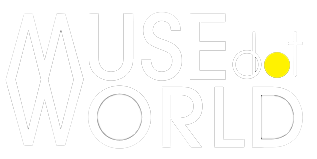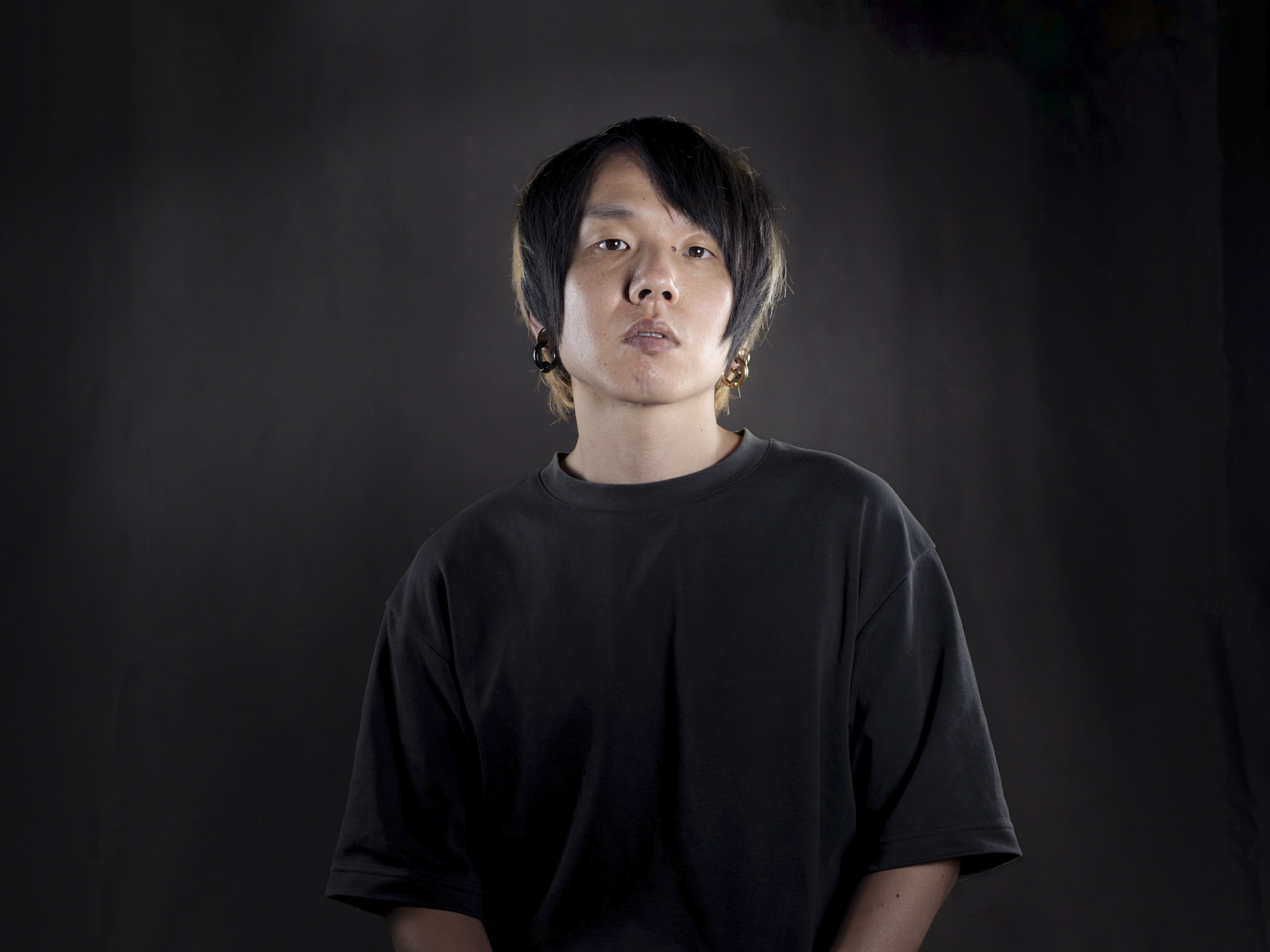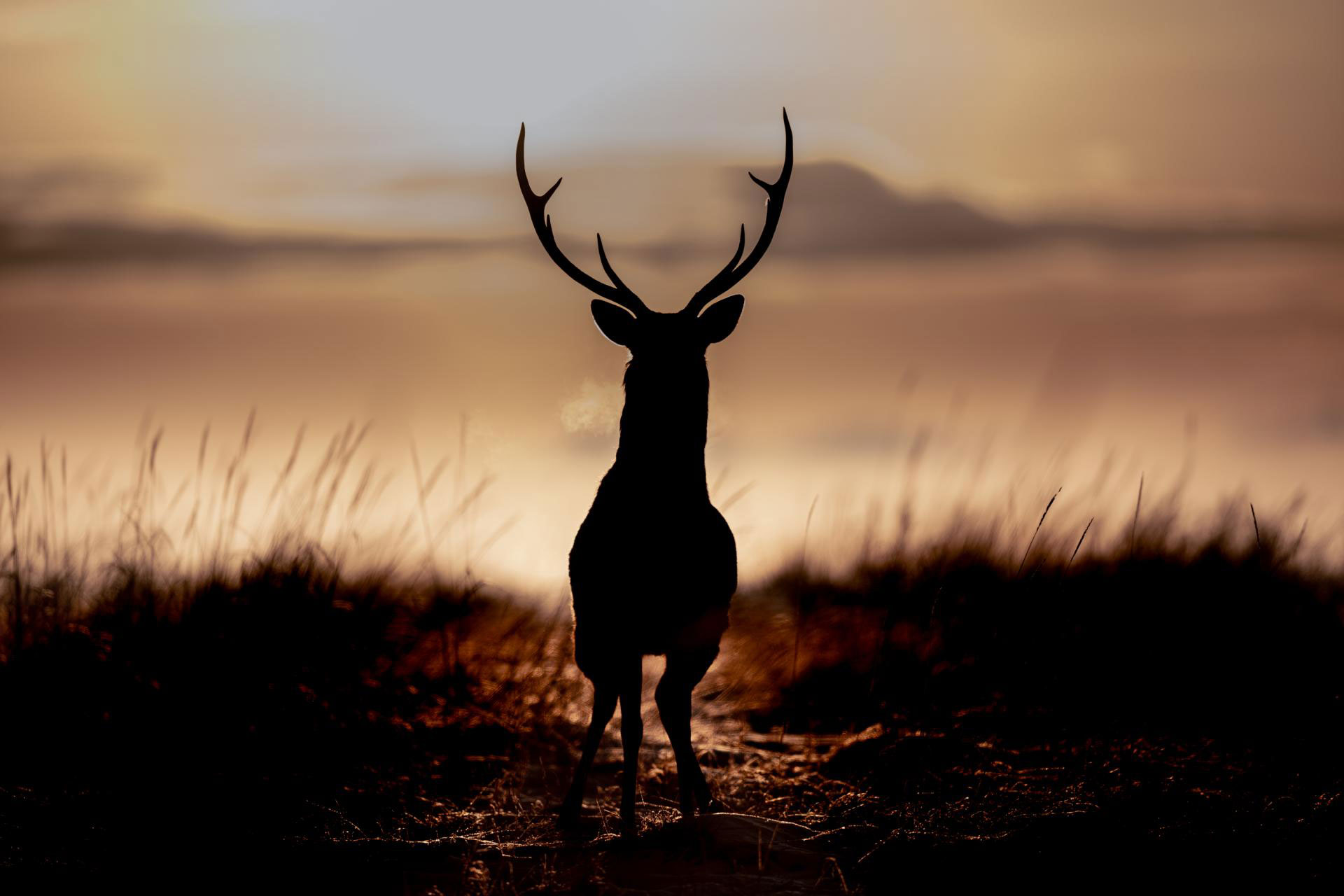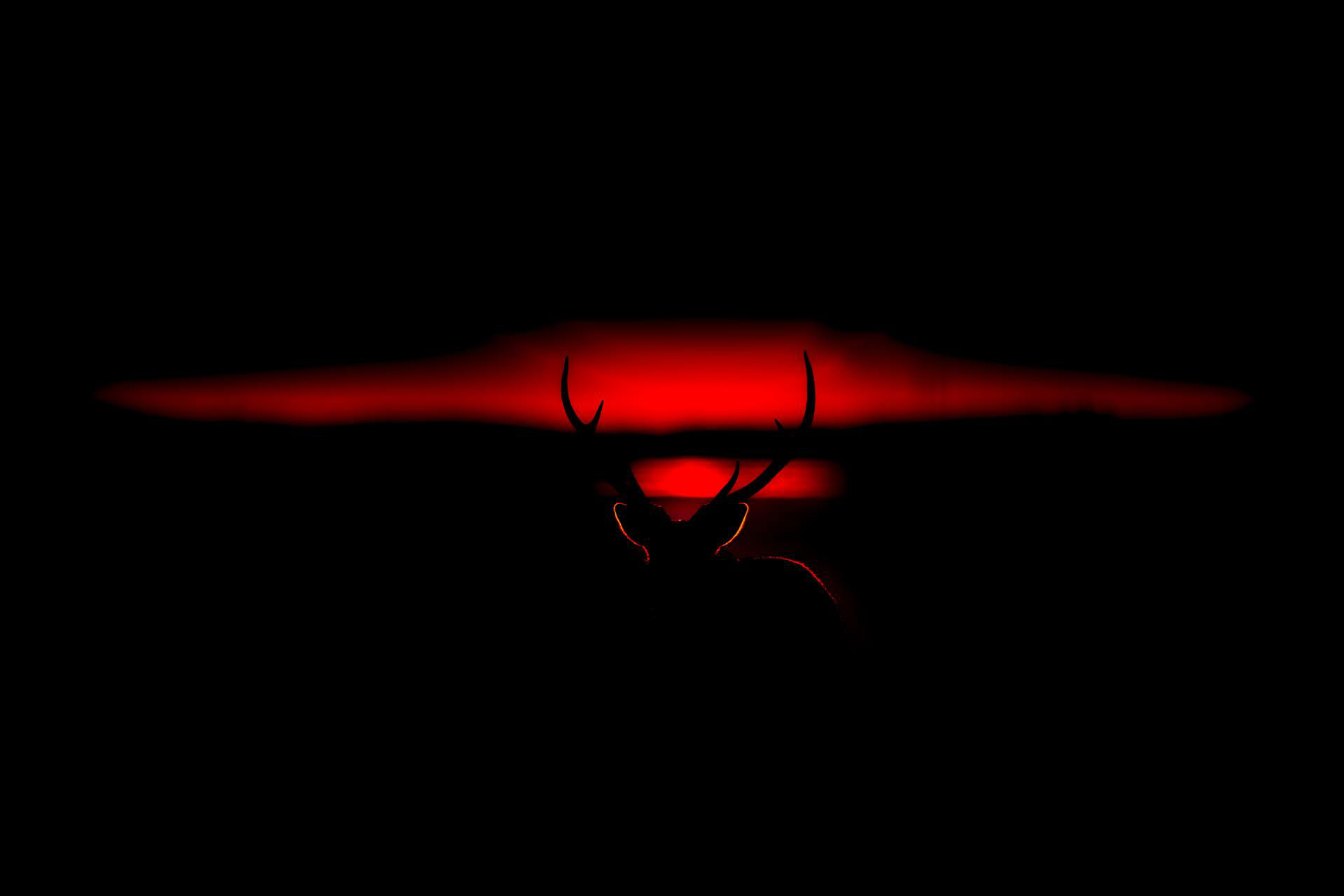1Can you introduce yourself and talk about how you got into photography?
My name is Ryo Utsunomiya and I am a wildlife and nature photographer based in Japan. I have loved playing in nature since I was a child, meeting animals in the forest, diving in rivers, etc. When I was in my teens and twenties, I aspired to be a musician. I started photography because I became interested in wild wildlife.
Since there were many artists around me, such as painters and musicians, I had more opportunities to collaborate with photography at museums and concert venues in addition to galleries, and gradually I began to want to do artistic work that uses photographic expression.
2Where did you study photography?
I am self-taught when it comes to photography and find inspiration from music and various everyday environments. While taking photos and viewing exhibitions, I am learning and thinking about how I want to express my work.
3Do you remember your first shot? What was it?
In my country, there is a waterfall where cherry salmon return to spawn in the summer. There, for the first time, I took photos of cherry salmon repeatedly jumping toward the waterfall, risking their lives to get over it. I remember being moved by the preciousness of life and the attitude of never giving up.
4What equipment do you use?
My current main equipment is Nikon Z9, and the lenses are 400mm f/2.8 and 70-200mm f/2.8. I often have the opportunity to photograph wildlife in harsh environments, so a tough body and telephoto lenses are essential. Depending on the scene, I also use wide-angle lenses and f/1.2 lenses.
5What compliment inspired/touched you the most?
Through photography, I want to convey not only techniques but also various emotions. I feel the most joy when I can get people to understand my ideas at exhibitions.
6What inspires your unique storytelling?
I often find inspiration in things other than photography. For example, my life itself has shaped my work, such as my music activities and what I felt when interacting with children when I was a high school teacher. Some of my artistic ideas come from interacting with painters, craftsmen, and musicians. I believe that this kind of daily effort is reflected in my work.
I think it is very important not only to look for beautiful things but also to be moved and feel a variety of emotions.
7What THREE (3) words describe your photography style?
Creativity, emotional, and respect.
8Congratulations! As the winner of the MUSE Photography Awards, what does it mean for you and your team to receive this distinction?
Thank you! I am proud to have received this award and it will always be remembered as a moment when my creativity was recognized. I want to continue to pursue even better things, so I'm very happy to receive this award.
9Can you explain a bit about the winning work you entered into the MUSE Photography Awards, and why you chose to enter this project?
I have been photographing wildlife for a long time. It is important to visit the area many times to learn about the ecology of wildlife and the light that illuminates the area. In order to utilize that knowledge and experience in my art, I have come to believe that my own philosophy and way of thinking are important. The MUSE Photographer of the Year winning work is depicted in silhouette, allowing you to think deeply about the background of the story.
10How has winning an award developed your career?
Before winning this award, I also won an award in New York. Winning a prestigious international award helped me gain recognition for my creativity. I needed it to get the big job done.
I am confident that by receiving this award, my work and creativity will further develop.
11Name 1-3 photographers who have inspired you.
Hiroshi Sugimoto.
12What was the best piece of advice you were given starting out, by a mentor or your role model?
I still remember the advice my guitar teacher gave me when I was a teenager and seriously wanted to be a musician. To be influenced by everything. It's important to hone your professional skills, but more than that, I've realized that the seemingly meaningless things around you shape who you are as an artist.
13What advice would you give someone who would like to become a photographer today?
What you photograph is important, but perhaps even more important is that the work of art is you. That's why it's important to treat others with compassion. Remember that you are a person before you are a photographer, and make every effort to become one.
14What is your key to success? Any parting words of wisdom?
I believe that photography skills are not determined by the performance of the camera. Having new ideas, originality, and be a work of art yourself.
15How do you stay in that space of being receptive to new information and knowledge?
There are many things you don't notice if you only look at your field. I think it is important to think about life, not just photography, as a work of art, and to always be open to new things.






